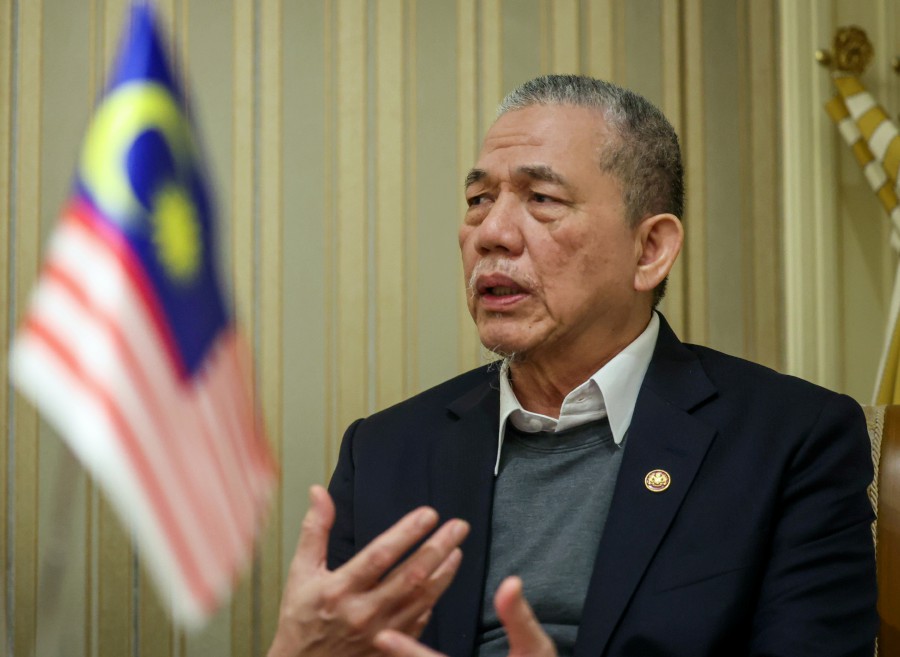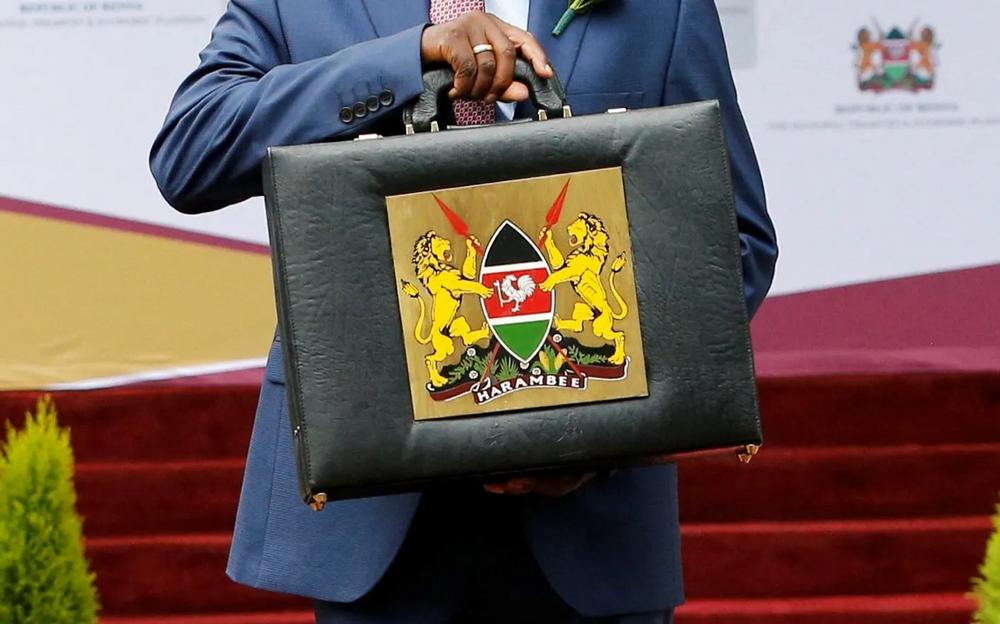Kenya’s Parliament has approved a drastic tax shift: reducing the excise duty on betting from 15% to 5%, as part of the 2025 Finance Bill. The change also redefines the taxation point—now triggered when users transfer funds from mobile wallets into gaming platforms.
While the revision aims to streamline tax collection, critics are already warning that it may fuel excessive gambling, particularly among Kenya’s youth, where digital wagering is surging.

Tax authorities have defended the move, emphasizing that the country retains a 20% withholding tax on player winnings and a 15% gross revenue levy on operators. However, some lawmakers have flagged manipulation risks, suggesting that certain operators may limit visible payouts to reduce tax liabilities.
What do the people of Malta want for Africa? Ruination fuelled by Online Gaming Companies YAFOG say.
Recent fiscal reports show an increase in excise collections—nearly KSh 10 billion—despite a drop in declared winnings. This mismatch signals a potentially aggressive shift toward house advantage or underreported revenue streams. Kenya’s betting tax rates have fluctuated wildly in recent years: 7.5%, 12.5%, 15%, and now 5%. This rollercoaster has generated uncertainty for international suppliers and local operators seeking regulatory predictability.

After a 30-day ad block implemented on April 29, the BCLB published an extensive list of rules that operators should follow, including refraining from using celebrities, influential people and content creators to support or promote gambling. In addition, all proposed announcements must be approved by BCLB prior to publication and also classified by the Kenya Film Classification Board (KFCB).
Industry watchers now fear the cut may open compliance loopholes, while addiction experts decry the lack of corresponding harm-prevention measures. With betting volumes projected to exceed KSh 75 billion annually, the new structure may favor rapid growth—but also increase the stakes for regulators, operators, and at-risk players.
The bill now awaits presidential assent, and its implementation will be closely monitored by stakeholders across the gaming sector—as it could significantly influence regulatory trends across East Africa.
















































